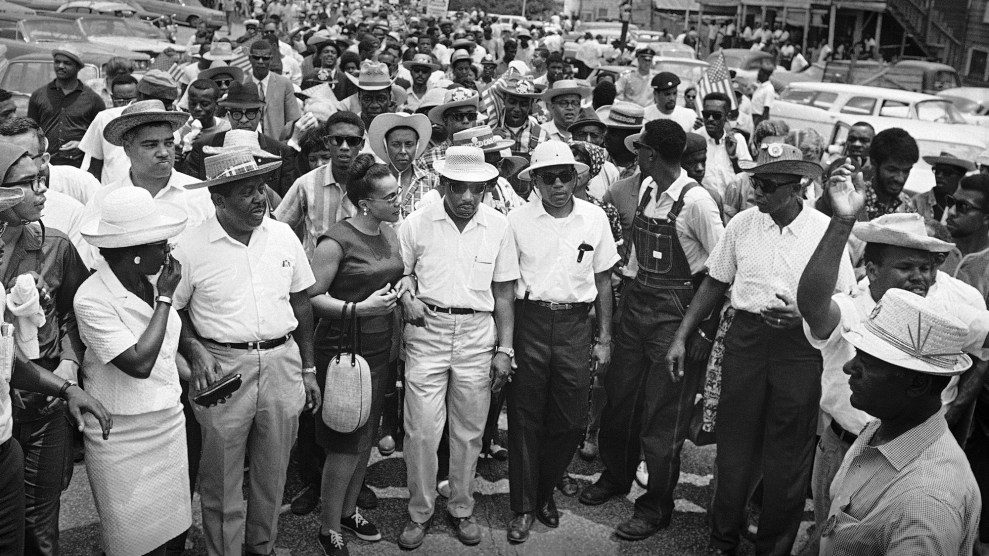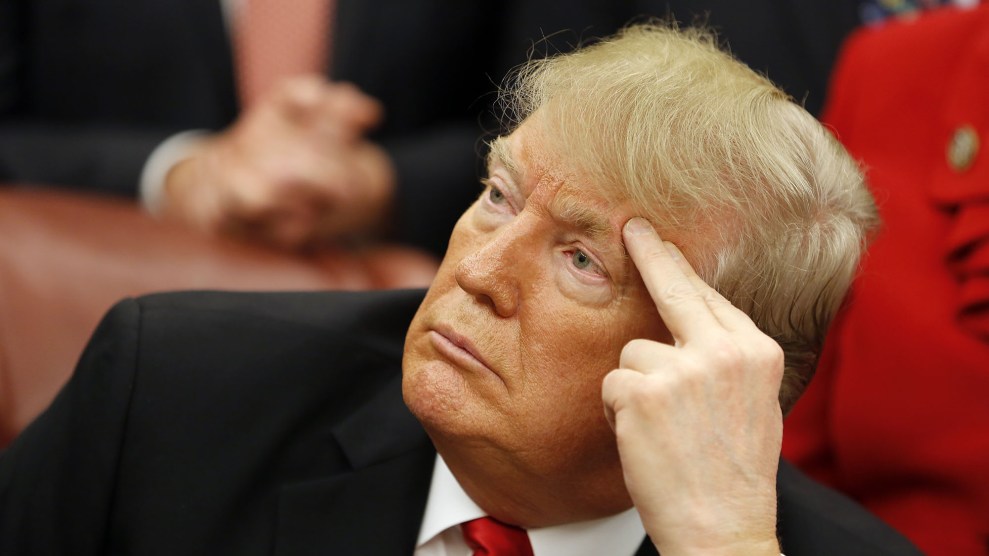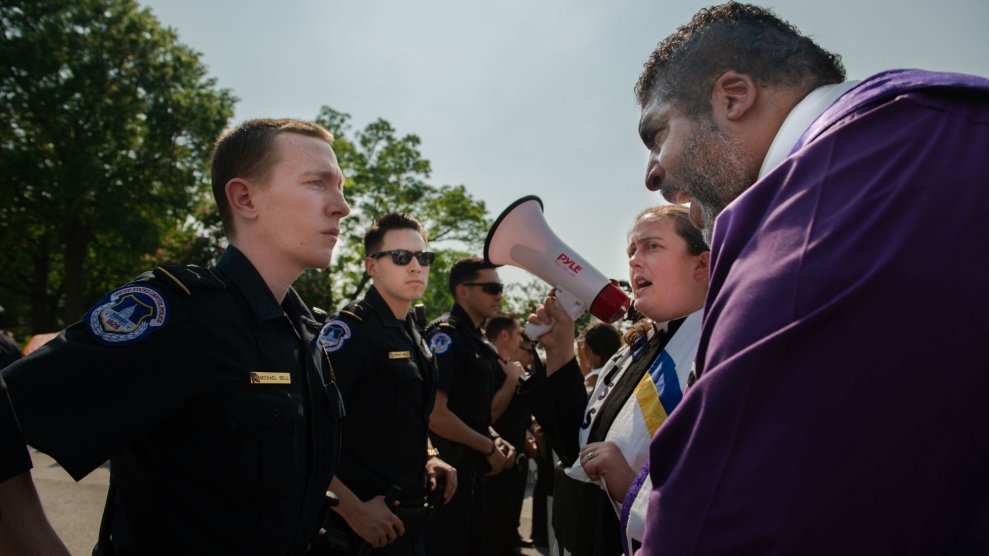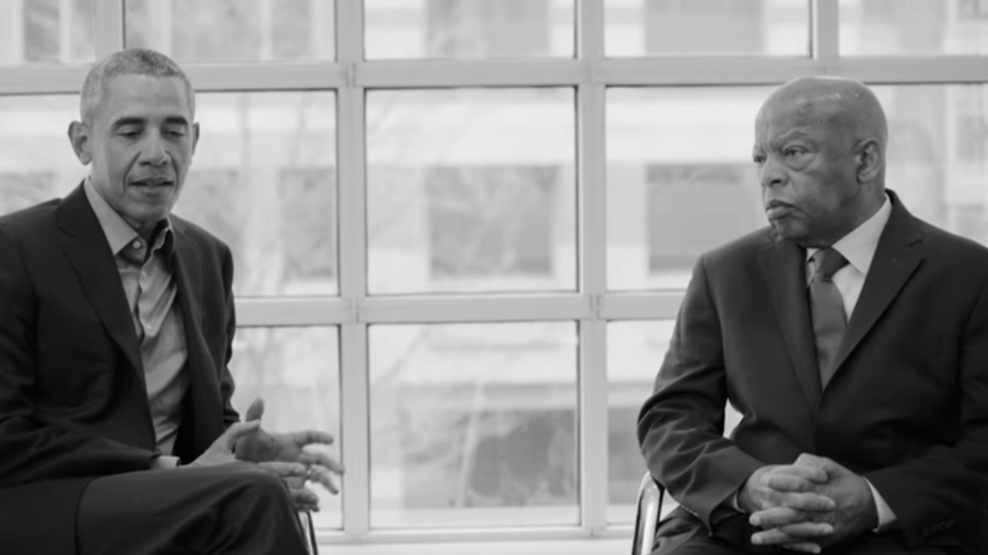
This June 1966 photo shows thousands of civil rights demonstrators joining Martin Luther King Jr. on the last leg of the Mississippi March. The following summer, the Six-Day War would scuttle King's plans to visit Israel.Charles Kelly/AP
People of all ideological stripes are prone to using the words of Martin Luther King Jr. to fit whatever agenda they have at the moment. The nearly-six decades since his death are rife with misappropriation, like when former Arkansas Gov. Mike Huckabee claimed that King would be “appalled” by the Black Lives Matter movement. It’s happening again, this time in the social media reckoning around the ongoing Israel-Hamas war.
King’s statement that Israel is a beacon of democracy, which he repeated several times, including during a 1968 speech at the Rabbinical Assembly, ten days before he was assassinated, have been prominently discussed in the aftermath of the Hamas terrorist attack on October 7. Just last week, actor Amy Schumer shared King’s 1967 rendition of that sentiment on her X account. “The whole world must see that Israel must exist and has the right to exist and is one of the great outposts of democracy in the world” King says in the widely shared video.
Schumer received a swift rebuke from King’s daughter, Bernice, who tweeted that while her father was ardently against antisemitism, “I am certain he would call for Israel’s bombing of Palestinians to cease, for hostages to be released and for us to work for true peace, which includes justice.”
But let’s cut through the noise: We don’t have to imagine what King thought about Israel’s relationship with the Palestinian people. He spoke for himself. King was, indeed, clear in his defense of the Jewish homeland. But in addition to those oft-quoted positions, I found a transcript from a rare 1967 TV interview where his nuance and understanding of the complexity of the crisis was on full display, unflattened by social media one-upmanship.
Watch:
NEW video from @garrison_hayes: There's a dubious tradition of using MLK's words to justify anything. But we don't have to guess what he thought about the Israel-Palestine conflict. He can speak for himself: pic.twitter.com/zippJkS988
— Mother Jones (@MotherJones) November 9, 2023
In the summer of 1967, King was planning a monumental trip to Israel, intending to preach at the Mount of Olives and pray with thousands in Jerusalem and Galilee. This would be his “Moses moment,” leading Black people to the Promised Land.
But just before his planned arrival, Israel launched the Six-Day War against Egypt, Syria, and Jordan, gaining territory but killing thousands. Israel would lay claim to the entirety of Jerusalem and seize control of the Gaza Strip, West Bank, and the Sinai peninsula; eventually returning Sinai to Egypt after a peace treaty was signed in 1979.
As Martin Kramer reveals in his book, The War on Error, this series of unfortunately-timed events would lead King to come under pressure to take a public stance on the Six-Day War; he would, on June 18, 1967. On ABC Sunday’s “Issues and Answers”, King said it would “probably be necessary” for Israel to “give up” the territory it had “conquered” to allay “the bitterness of the Arabs.” Here’s the full quote:
… I think for the ultimate peace and security of the situation it will probably be necessary for Israel to give up this conquered territory because to hold on to it will only exacerbate the tensions and deepen the bitterness of the Arabs.
This powerful insight reveals King’s belief in what was key to achieving peace in the Middle East. While the enduring question of what King would think or say will continue to be the subject of present-day debates, in this instance, we can let the civil rights leader speak for himself.
















